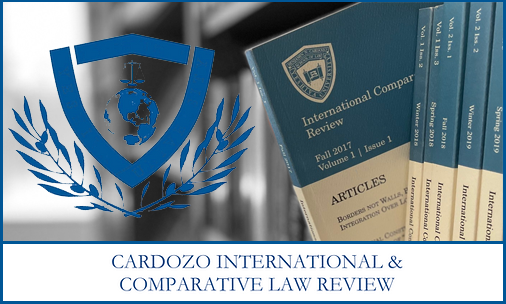Document Type
Blog Post
Publication Date
10-20-2021
Graduation Year
2023
Abstract
Globally, nearly all criminal investigations revolve around one key element–forensic evidence. Technology also aids forensic investigations which help experts reach a verdict directed at the real perpetrator—the defendant or someone else. Forensic investigations are highlighted by the media as something supernatural; forensic investigators get to find out what happened at the crime scene before anyone else. As a result, general society tends to assume expert testimony to be 100% accurate. However, general society may not be aware of the fact that under Federal Rule of Evidence 702, a person may qualify to be an expert witness if he has at least some specialized knowledge that “will help the trier of fact to understand the evidence.” Given the broad scope of the expert’s directive under this rule, anyone with a basic degree in a science-related field can become an expert witness. Therefore, we run the risk of having forensic testimony based on wrong science, but which nonetheless takes over the jury’s verdict.
This post was originally published on the Cardozo International & Comparative Law Review website on October 20, 2021. The original post can be accessed via the Archived Link button above.
Recommended Citation
Zakirova, Eza Bella, "The Eminence of an Incompetent Forensic Expert Versus the Innocence of the Defendant" (2021). CICLR Online. 27.
https://larc.cardozo.yu.edu/ciclr-online/27


